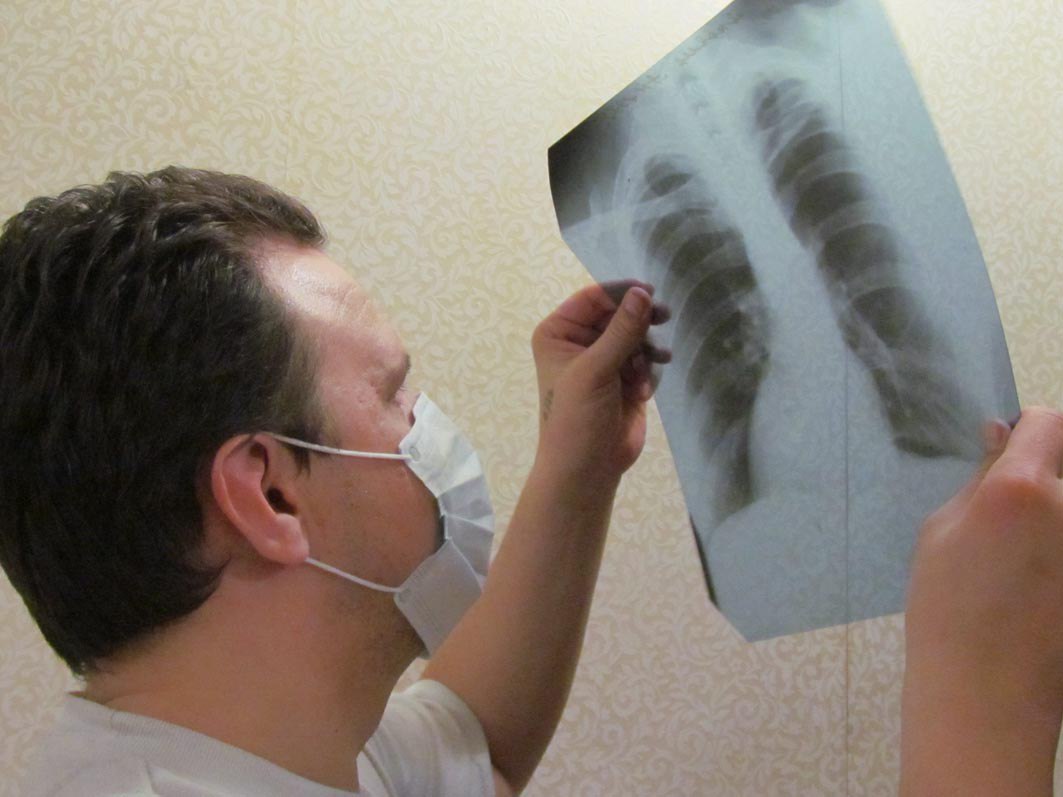Azerbaijan conducts first organ transplant from deceased donor
Organ transplantation in Azerbaijan
Azerbaijan has performed its first-ever organ transplant from a deceased donor.
According to the country’s Ministry of Health, the Organ Donation and Transplantation Coordination Centre received a report that a patient undergoing treatment at the Clinical Medical Centre had been diagnosed with brain death. The centre then carried out the necessary procedures to organise and coordinate the organ donation and transplantation process.
“This marks the first post-mortem organ transplant not only in our country but in the entire Caucasus region,” the Ministry of Health told APA.
- Trump’s policies are shaping new reality for Georgia: What to expect – expert opinions
- Opinion on possible Trump-Putin deal: ‘Armenia has nothing to worry about’
Brain death diagnosis and family consent
The family of a patient diagnosed with brain death consented to organ transplantation.
The liver from the deceased donor was transplanted at the Central Customs Hospital by a professional medical team led by Doctor of Philosophy in Medicine Mirjalal Kazymi. The recipient was Manzar Yashar gizi Sharifova, born on 12 October 2002, who suffers from liver cirrhosis due to hepatitis B and D and had no living donor.
The cornea was transplanted to two recipients by ophthalmic surgeon, Doctor of Philosophy in Medicine Jamil Hasanov, and a professional medical team from the National Ophthalmology Centre named after academician Zarifa Aliyeva. One recipient is a resident of Zagatala, while the other is from the Fizuli district.
Organ donation in Azerbaijan
Over the past two years, around 100 people have expressed their willingness to become posthumous organ donors. As reported by APA, this was stated by Yegyana Abbasova, Chair of the Board of Directors of the Organ Donation and Transplantation Coordination Centre at the Ministry of Health, during a press conference on 24 February.
She noted that despite awareness campaigns and promotional efforts, the current two-year statistics remain very low.
Legal framework
Organ donation in Azerbaijan is regulated by the Law on Organ and Tissue Donation and Transplantation, which was adopted in 2012. This law governs the procurement, storage, transplantation of organs, and other related matters.
According to a presidential decree issued on 8 December 2020, the Ministry of Health was tasked with establishing a unified state database of donors, recipients, and donor organs. This initiative must comply with the Rules for the Formation, Maintenance, Integration, and Archiving of State Information Resources and Systems as outlined in Article 13.1 of the Law on Organ and Tissue Donation and Transplantation of Humans.
Azerbaijan operates on a voluntary donation system, meaning individuals who wish to donate their organs must provide explicit consent and confirm their decision by obtaining an organ donor card.
Organs that can be retrieved from living and deceased donors
According to the law, a living donor can donate only one kidney, one lung, a portion of the liver, part of the pancreas, part of the small intestine, a section of skin, bone marrow, and stem cells for transplantation.
A deceased donor can provide the heart, lungs (including the heart-lung complex), kidneys, liver, pancreas, stomach, intestines, uterus, upper and lower limbs, bones, skin-fascia-muscle complex and its segments, bone marrow, cornea, and stem cells.
Organ donation in cases of brain death
Organ transplantation can only be performed on individuals who have been officially diagnosed with brain death. Brain death is determined using precise medical methods and signifies that the person can no longer sustain vital functions.
In some cases, family consent is required before organ donation can proceed. This means that the approval of the deceased’s relatives must be obtained before making a final decision.
Organ donation systems
- Opt-in system – A person must voluntarily give consent for organ donation during their lifetime (e.g., the USA, Germany, Canada).
- Opt-out system – Every person is considered an organ donor by default unless they actively opt out during their lifetime (e.g., Spain, France, Austria).
- Mixed systems – Some countries combine both opt-in and opt-out systems with specific conditions.
Conditions for organ donation
- The donor’s health status and the suitability of their organs for transplantation
- Confirmation of brain death or cardiac arrest
- Family consent procedures (required in some countries)
The importance of organ donation
Organ donation is crucial for saving the lives of critically ill patients. Transplantation is especially vital for individuals suffering from organ failure, particularly in cases involving the kidneys, liver, and heart.
Azerbaijan continues to improve its organ donation and transplantation framework through international cooperation. However, the number of willing donors remains very low.






















